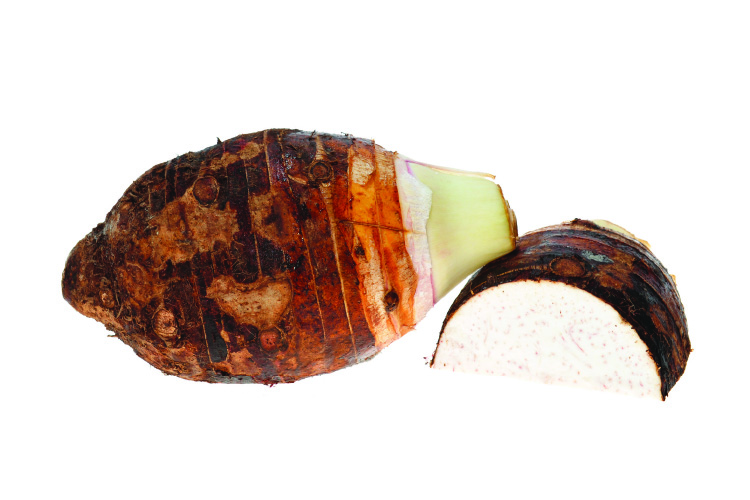Botanically they belong to the family Dioscoreaceae; of genus Dioscorea where there are several hundred species in existence. Although yam is similar in appearance to sweet potato; but not at all related to it. Yam has been cultivated since 50,000 BC in Africa and Asia, and it is uncertain from which country yams originated. Yams are one of the most popular and widely consumed foods in the world, playing a staple role in the diets of many different countries, notably those in South America, Africa, the Pacific Islands, and the West Indies.
- Increased estrogen is also among yams’ health benefits. Estrogen is a vital component in a woman’s body as it helps in regulating her reproductive system
- It also contains high fibre which makes it ideal food for those who are observing their weight, and those looking forward to reducing levels of bad cholesterol
- Yams also aid the process of digestion, by dilating vessels and stimulating bile flow
- Has rich sources of minerals like copper, calcium, potassium, iron, manganese and phosphorus. 100 g provides about 816 mg of Potassium which helps maintain the blood pressure level
- It also slows the release of carbohydrates into the blood stream, preventing a spike in blood sugar and insulin levels
- Contains good amount of beta carotene levels which convert to vitamin A in the body. These compounds are strong antioxidants
- Yam supplies elements that are important for optimal glandular function and benefits the respiratory, urinary and nervous systems
- Contrary, yams also contain Omega-3 fatty acids which help in increasing good cholesterol in the body
- Yam contains good amounts of the anti-oxidant vitamin, vitamin-C – providing about 29% of recommended levels per 100 g
- Is an excellent source of B-complex group of vitamins. Provides adequate daily requirements of pyridoxine (vitamin B6), thiamin (vitamin B1), riboflavin, folic acid, pantothenic acid and niacin. Vitamin B6 is a popular supplement for women suffering from depression due to premenstrual syndrome (PMS)
Caution:
- Intake of wild yam can cause certain side effects, like vomiting, diarrhoea, and headache.
- People with certain conditions, like liver diseases, ovarian cancer and prostate cancer, should be careful while using products made of wild yam.
















